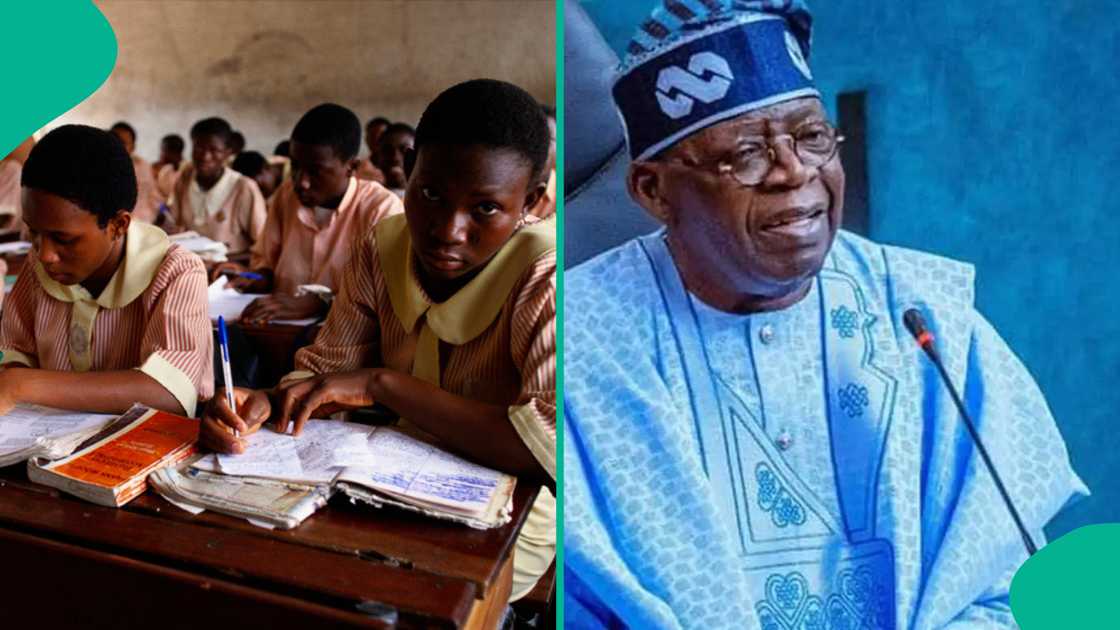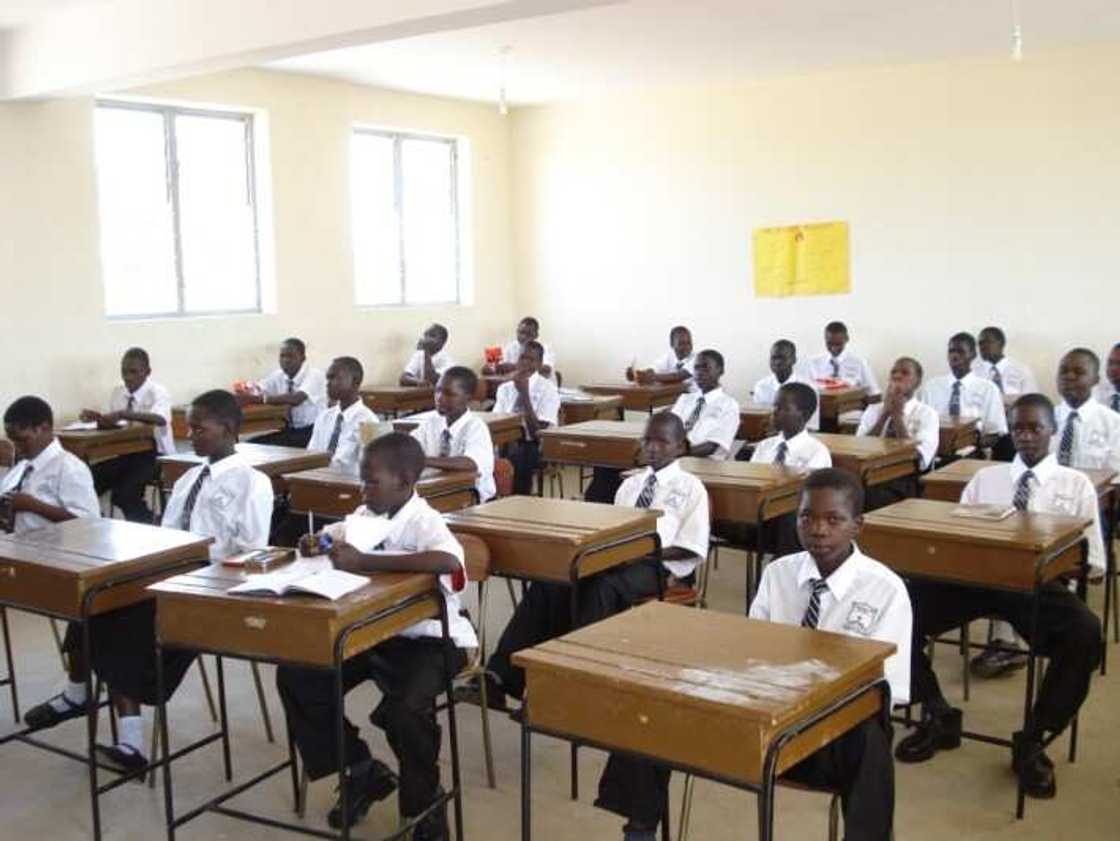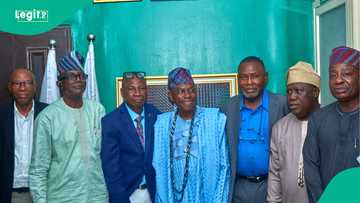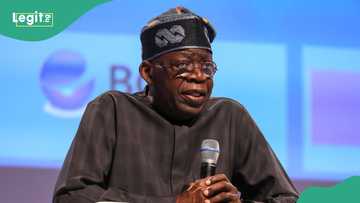Why FG Introduced AI, Coding, Others into New Subjects for Primary and Secondary Schools
- The federal government has unveiled a bold new curriculum for secondary schools, with subjects like artificial intelligence, coding, and digital literacy
- The reforms aim to equip students with future-ready skills and align the education system with global standards
- Industry leaders and educators have welcomed the move, citing its potential to foster innovation, entrepreneurship, and technological competence among young Nigerians
The federal government has introduced a revised national curriculum for junior and senior secondary schools, which incorporates subjects such as artificial intelligence, coding, digital literacy, and entrepreneurship.
Officials from the Ministry of Education said the overhaul was designed to align the country’s education system with global trends and equip students with skills relevant to a modern economy.

Source: Getty Images
The curriculum reform follows sustained calls from industry stakeholders urging schools to produce graduates with competencies in technology, creativity, and enterprise. According to the ministry, digital literacy and basic entrepreneurship are now compulsory for students at the junior secondary level.
Digital literacy, coding now compulsory for students
The new curriculum mandates digital literacy and coding for all junior secondary students (JSS 1–3), with the aim of fostering early exposure to technology-driven problem solving. Students will learn to use Microsoft Word, Excel, and PowerPoint, conduct internet research, and begin coding using Python and Scratch. Robotics has also been introduced through basic kits.
Other subjects in the junior secondary curriculum include:
- Mathematics and Measurement: Numbers, fractions, decimals, percentages, ratios, geometry, algebra, statistics
- English Language: Essay writing, grammar, comprehension, vocabulary, oral presentations
- Integrated Science: Physics, chemistry, biology, earth science, technology, and lab safety
- Digital Literacy and Coding: Word, Excel, PowerPoint, internet research, Python basics, Scratch, robotics
- Social Studies: Nigerian and African history, geography, civics, economy, global issues
- Languages: Advanced mother tongue, conversational French or Arabic
- Creative Arts: Drawing, painting, crafts, drama, theatre, film basics, music
- Physical and Health Education: Sports, fitness, nutrition, reproductive health, first aid, drug abuse awareness
- Senior Secondary Curriculum Expands to AI, Programming and Cybersecurity
- For senior secondary students (SS 1–3), the curriculum has been expanded to include advanced subjects in artificial intelligence, programming, data science, and cybersecurity. These additions are part of a broader Technology and Innovation stream aimed at preparing students for careers in emerging industries.
The full list of senior secondary subjects includes:
- Mathematics and Advanced Applications: Algebra, trigonometry, calculus basics, probability, statistics, financial maths
- English and Communication: Advanced essays, academic writing, literary analysis, public speaking, journalism, fact-checking
- Sciences: Physics, chemistry, biology, environmental science
- Technology and Innovation: Programming (Python, JavaScript, HTML/CSS), AI, robotics, data science, digital entrepreneurship, cybersecurity
- Social Sciences: Government and law, economics, history, philosophy and ethics, entrepreneurship
- Languages: Advanced mother tongue literature, fluency in French, Arabic or Chinese (optional)
- Creative Arts and Innovation: Fine arts, music, drama, film and media production
- Physical and Health Education: Advanced sports, mental health, first aid and CPR, leadership
- Research and Project Work: Final-year project, data collection, analysis, presentation and defence
Education officials emphasised that the curriculum overhaul was not just a response to technological trends, but a strategic move to future-proof Nigeria’s workforce.

Source: UGC
FG releases full list of JSS, SS subjects
Legit.ng earlier reported that the federal government of Nigeria officially released the full list of subjects in the newly introduced school curriculum, set to take effect from the 2025/2026 academic session.
The announcement was amplified on Wednesday, September 3, 2025, when Dada Olusegun, Special Assistant to the President on Social Media, shared the outline via his X account.
Proofreading by James Ojo, copy editor at Legit.ng.
Source: Legit.ng





